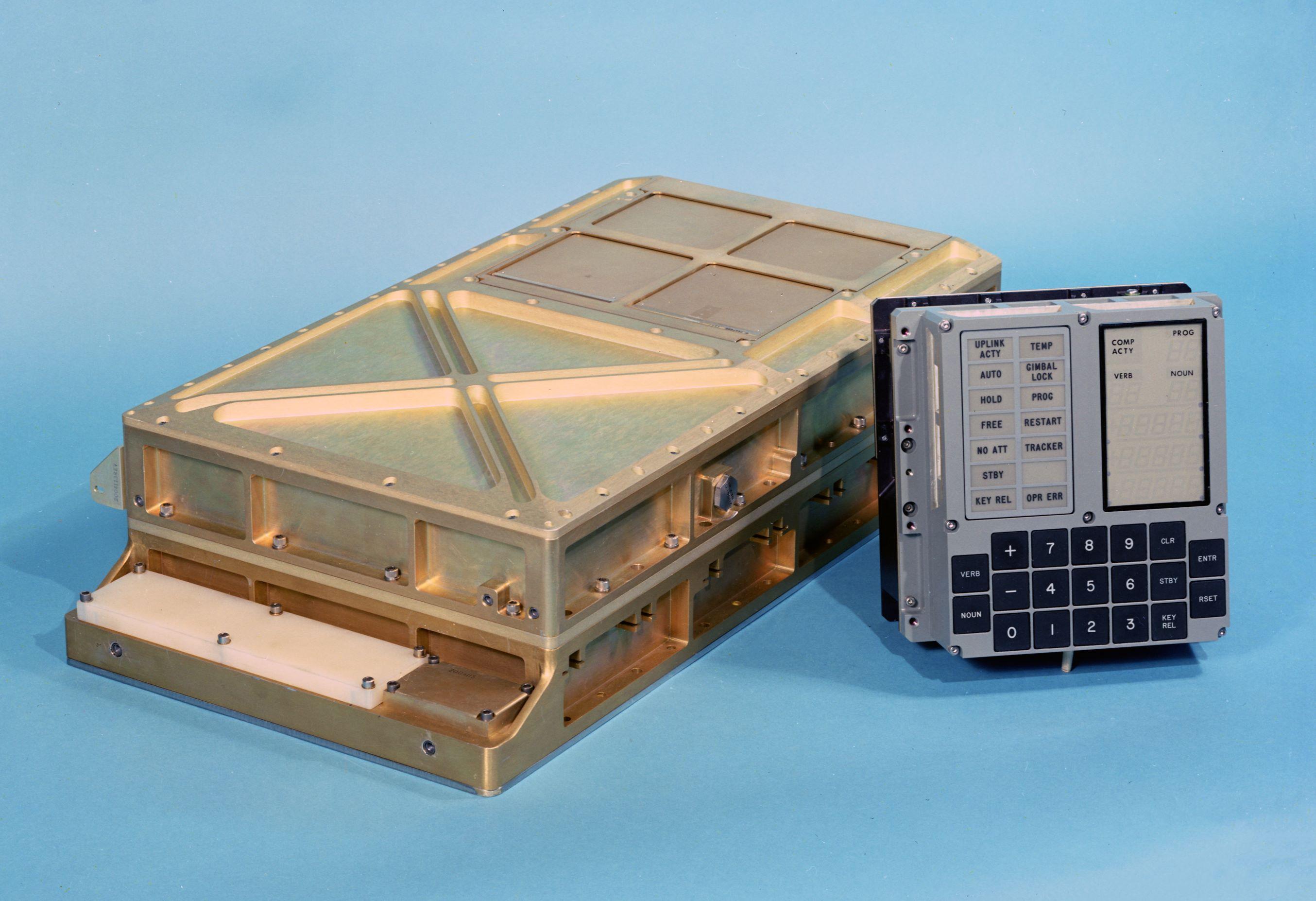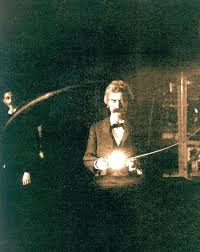So the moon right? Crazy.
What's even crazier is that we've been to the moon.
Think about this for a minute. We landed on the moon in 1969. With this:
Which is insane. Here's something I didn't know, the computer they used, was one of the first to use an Integrated Circuit. The computer itself was named the AGC, but its interface was called DSKY (pronounced dis-key for some reason, I prefer DESKY, as if it were some sort of lovable desk). Anyway as it turns out DSKY was actually really polite. Here look at its list of commands:
Isn't that awesome? Here let's try out some ancient computer speak. 5123. Which means "Please mark docking angles" Incidentally this is not a successful pick-up line, although I encourage everyone reading this to try it out at least once. You can go either route, just saying the numbers out loud, or saying their encoded message. Oh also in case you want to purchase this historic piece of technology that cost the US govt $200,000.00 (1969 dollars) to produce (I believe per unit), and basically launched America's love affair with the computer, you only need to spend $60,000.00, as of 2009.
So this is AGC and DSKY :
and together they allowed these three guys:
To pilot this:
To the moon so they could do this. Sorry to post that same link again, I just think it is crazy that they did that. Anyway. I promised to talk about Lunar Bases.
- Why don't we have them?
- There are a couple of factors.
- Primarily there is no need for them as of yet. We simply don't do enough business that far out in space. Oh sure we've got a lot of satellites and and there's talks about going to Mars about every seven years, and we're constantly repairing or upgrading the Hubble Telescope. But really we don't have any need as of yet to be doing things on the moon.
- Which brings me to the movie Moon. The premise of the movie that there is some sort of magical fuel on the far side of the moon, turns out to be true.
- It is called Tritium. And it turns out to be crazy useful. And apparently we've all known about it for a really long time. Like for instance, because of the way it decays (it is an isotope and isotopes decay) it reacts with a "phosphor" to produce a crazily stable (for hydrogen) glow.
- Apparently people use this mysterious gas from beyond the moon for such things as: Fishing lures. Gun sights. and other manly things. But while we're on it. Click on that link for the Gun Sights. Because this company is calling itself United Scientific Instruments, and they seem to only sell guns and things that help people use guns more effectively. I'm not a scientist, in fact I'm not even a science blogger, but I'm not sure that a gun constitutes a Scientific Instrument, except when held by Ted Nugent:
So there's your answer. Ted Nugent. And by the Nuge, I mean Reagan.
No but really we don't have Lunar Bases because they are impractical, and we don't have a pressing need for Tritium because its main use was in nuclear weapons, and what with the S.T.A.R.T. treaty and other such hippie left-wing non-proliferation nuclear policies enacted by this President:
We don't have a need for Tritium. Also it turns out that we can make it in nuclear reactors, and we've made about 170 lbs of it so far, and that's quite a bit when you consider the fact that it is a gas.
I never really addressed the topic of Lunar Bases in this post did I?
Oh well.























